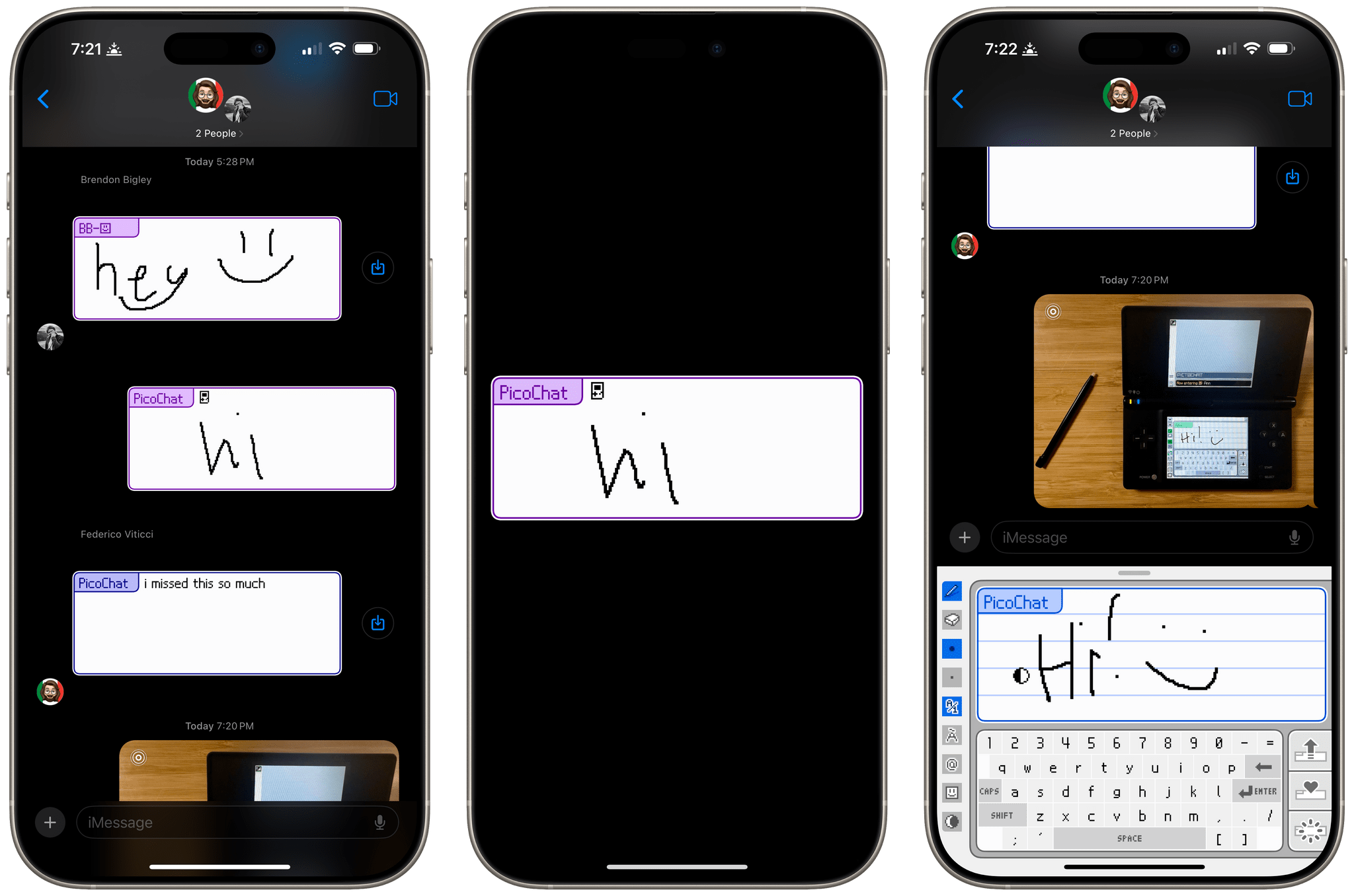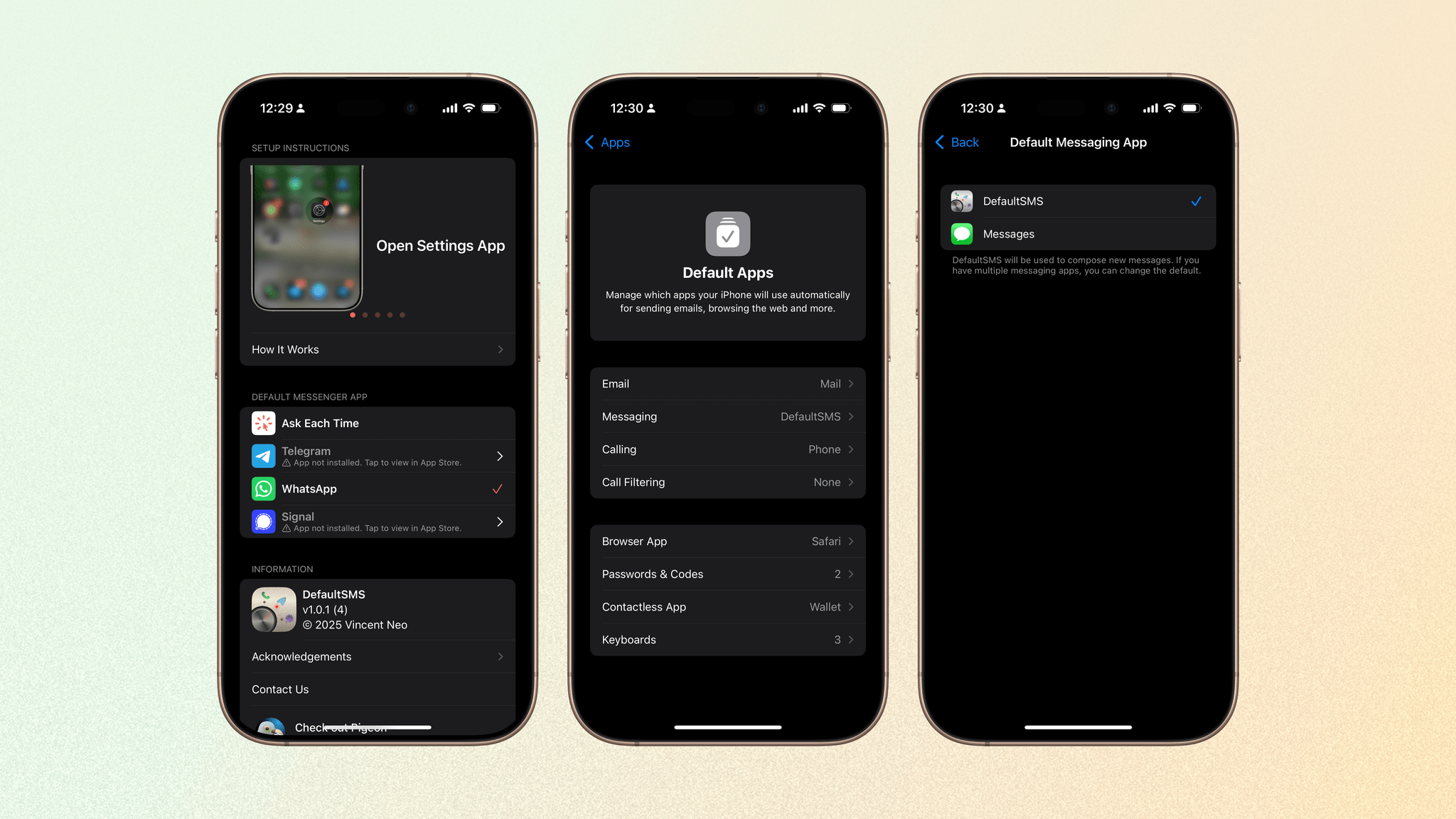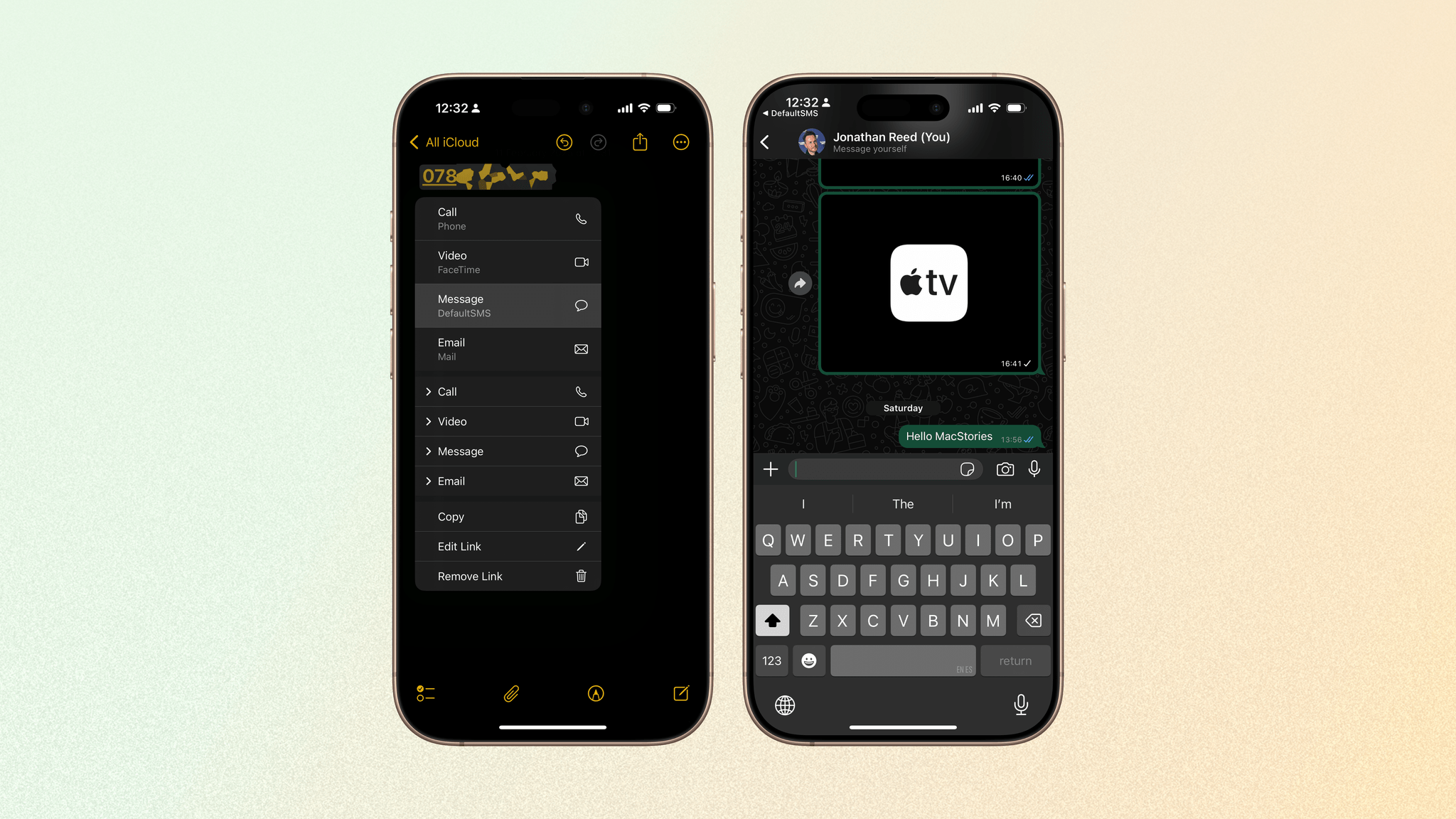Earlier today, the GSM Association approved new RCS specifications that enable end-to-end encryption when using RCS to send messages. According to a post by Tom Van Pelt, the GSMA’s Technical Director:
Most notably, the new specifications define how to apply MLS within the context of RCS. These procedures ensure that messages and other content such as files remain confidential and secure as they travel between clients. That means that RCS will be the first large-scale messaging service to support interoperable E2EE between client implementations from different providers. Together with other unique security features such as SIM-based authentication, E2EE will provide RCS users with the highest level of privacy and security for stronger protection from scams, fraud and other security and privacy threats.
Currently Google Messages supports end-to-end encryption over RCS when the messages are sent among Google Messages users but not, for example, between an iPhone and Android user. The GSMA’s new specifications are designed to permit that sort of cross-platform encryption for the first time.
In a statement to 9to5Mac, an unnamed Apple spokesperson said:
End-to-end encryption is a powerful privacy and security technology that iMessage has supported since the beginning, and now we are pleased to have helped lead a cross industry effort to bring end-to-end encryption to the RCS Universal Profile published by the GSMA. We will add support for end-to-end encrypted RCS messages to iOS, iPadOS, macOS, and watchOS in future software updates.
While it’s not clear to me from the announcements today whether OS updates will also be necessary on the Android end to implement end-to-end encryption, it’s good to see a standards body moving relatively quickly to ensure that privacy is available cross platform and that Apple is committed to adopting the new specifications.






